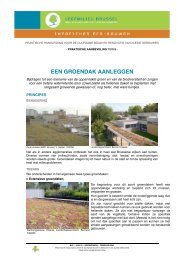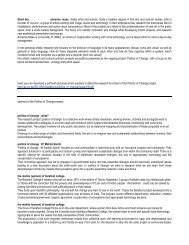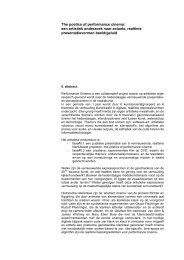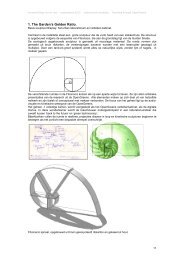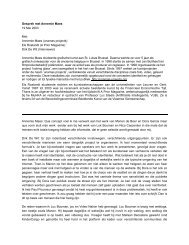MANIFESTO
MANIFESTO
MANIFESTO
Create successful ePaper yourself
Turn your PDF publications into a flip-book with our unique Google optimized e-Paper software.
eports demonstrate that a forest sequesters two to nine times more carbon<br />
over a 30-year period than planting the same amount of land with agrofuel<br />
crops. 15<br />
Fuel or Food?<br />
Over 850 million people currently suffer from hunger and even more from<br />
nutritional deficits. 16 As land is converted to growing crops for fuel instead of<br />
for food (including “feedstock”), hunger and food insecurity increases.<br />
Providing adequate food for all is a moral issue and is a measure of our<br />
humanity; therefore, substituting food for fuel in order to maintain<br />
consumeristic and industrial lifestyles for the few is an immoral course of<br />
action. Prices of many traditional food crops that have been converted to use for<br />
fuels have resulted in an increase in food prices. For billions of the poor, even a<br />
slight increase in food prices has dire consequences. By 2006 around 60 percent<br />
of total rapeseed oil produced in the EU was used for making biodiesel. The<br />
price of rapeseed oil increased by 45 percent in 2005. Unilever, the giant food<br />
company, estimated that additional costs in 2007 to food manufacturers would<br />
translate to close to 1,000 euros per ton. U.S. corn prices have increased by more<br />
than 50 percent since September 2006 which has caused scarcities of corn in<br />
many areas of the world dependent on U.S. corn exports.<br />
Species Extinction and Other Environmental Concerns<br />
The alarming rate of species extinction is expected to climb dramatically due to<br />
climate change; eliminating even more forests and grasslands for agrofuel crops<br />
will exacerbate this crisis still further.<br />
Soils are also threatened by agrofuels because crop residues are often used to<br />
produce biofuels instead of being plowed back into the soil to provide nutrients.<br />
Other concerns include air pollution. Research at the Flemish Institute for<br />
Technological Research concluded that biodiesel causes additional health and<br />
environmental problems because it creates more particulate pollution and<br />
generates more waste and causes more eutrophication.<br />
Cellulosic Biofuels<br />
As mounting evidence reveals the many problems of large-scale agrofuels based<br />
on food crops, many are claiming that there is a next generation - cellulosic<br />
fuels - that will provide the solution.<br />
However, there are many barriers to this technology. Professor David Pimental,<br />
34 / 35




